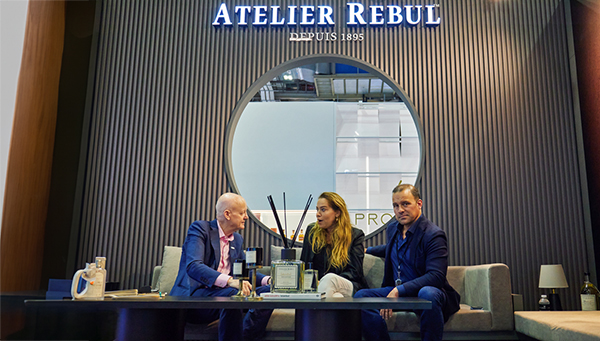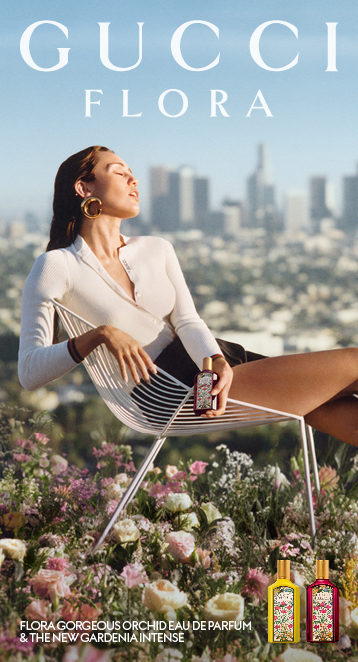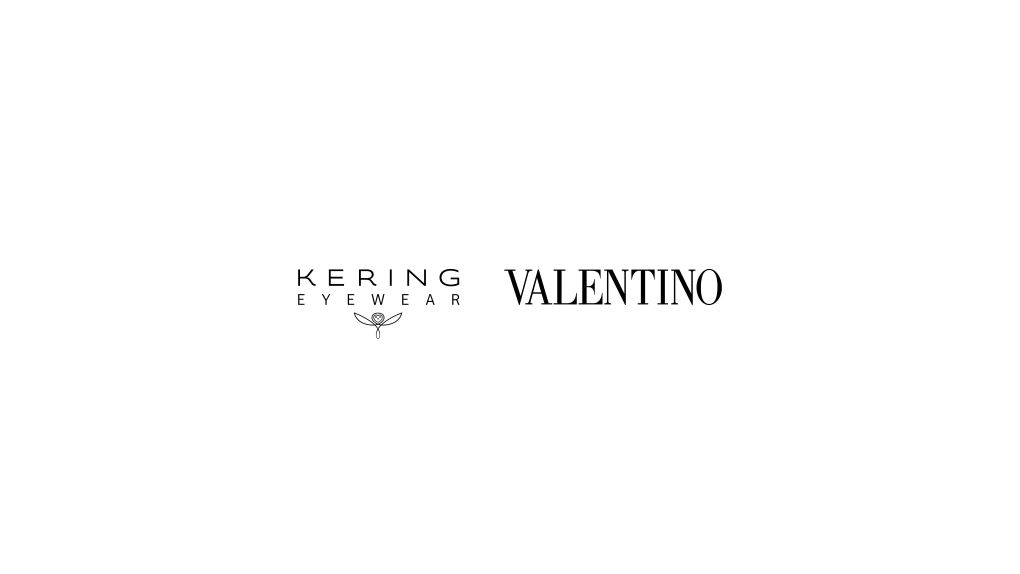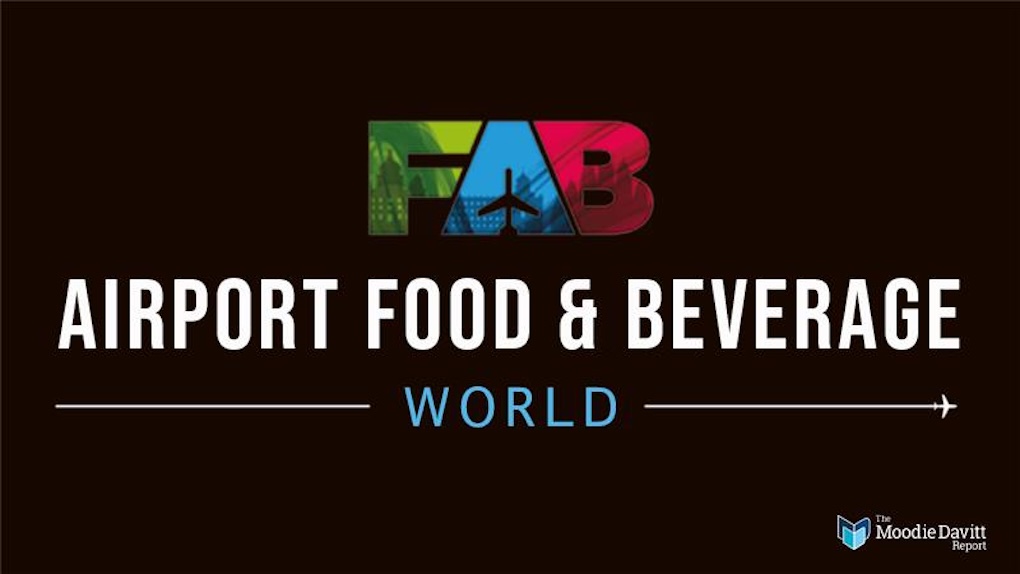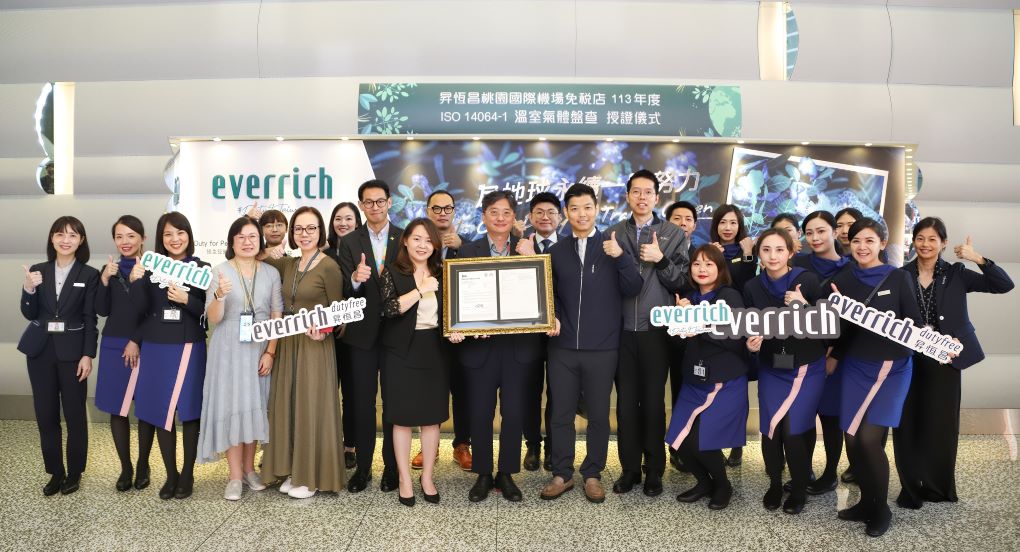Authentic has a number of meanings including ‘not false or imitation’, a synonym of real and actual; and also ‘true to one’s own personality, spirit, or character’. Authentic is often connected to identity, whether national or personal: words frequently modified by authentic include cuisine and dish, but also self and voice. – Merriam-Webster on authentic, its word of 2023
Prologue: It’s a story that traces back to 1895 and almost oozes the atmospheric streets of Istanbul. Welcome to Rebul Group, a Turkish fragrance, skincare and wellbeing house that merges ancient and modern just as the mighty Bosphorus Strait that bisects the city serves as a crossroads between east and west.
At the TFWA Asia Pacific exhibition in Singapore this May, Atelier Rebul, a luxury brand created by the group in 2013, announced its emergence onto the global travel retail stage in mesmerising style. There, its expansive stand simultaneously encapsulated the house’s history and provenance, pharmaceutical origins and authentic luxury credentials.
Just as it fuses different eras, Atelier Rebul offers a deep connection between nature and pharmacology. Its collections of skin, hair and home products – free from parabens, mineral oil and phthalates – reflect a deep commitment to natural, effective ingredients, backed by scientific expertise, while its colognes and fragrances contain ingredients such as roses from Isparta, jasmine from Italy and lavender from Grasse.

In an exclusive interview with The Moodie Davitt Report Founder & Chairman Martin Moodie, Rebul Group of Companies Co-CEOs Kerim Müderrisoğlu and Nüket Filiba delve into the brand’s storied past and its commitment to preserving the founder’s legacy while adapting to modern trends. They are joined by travel retail sector veteran Catherine Bonelli, who has been appointed on an agency basis to accelerate the house’s development in the channel.

Martin Moodie: Your company has a rich and fascinating history. How important are those roots to what the company is today?
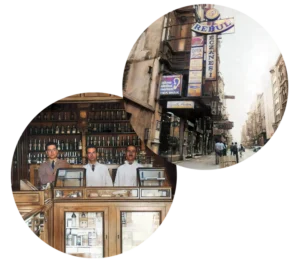
Kerim Müderrisoğlu (KM): This company’s foundation goes back to 1895. A French pharmacist named Jean Cesar Reboul, who was also a road constructor in the north of Türkiye, came to visit his father. During his stay in Turkey, he visited Rue de Pera, which is now known as İstiklal Avenue, one of the busiest streets in Istanbul.
Rebul opened his first pharmacy on Rue de Pera in that year and worked there until the early 1920s. After World War I, my grandfather, Kemal Müderrisoğlu, undertook a hard journey to Istanbul, walking all the way. It took him around four days due to the difficult conditions before the Republic was established.
When he arrived at Rue de Pera, seeking a job and a place to stay, he went to the pharmacy of Jean Cesar Reboul. Despite the language barrier, they communicated, and my grandfather asked for a job.
Reboul initially declined, stating, “You don’t speak French. You’re not a pharmacist. I don’t think I can offer you anything here.” But my grandfather insisted, and Reboul allowed him to stay on the condition that he learnt French at the French Consulate.
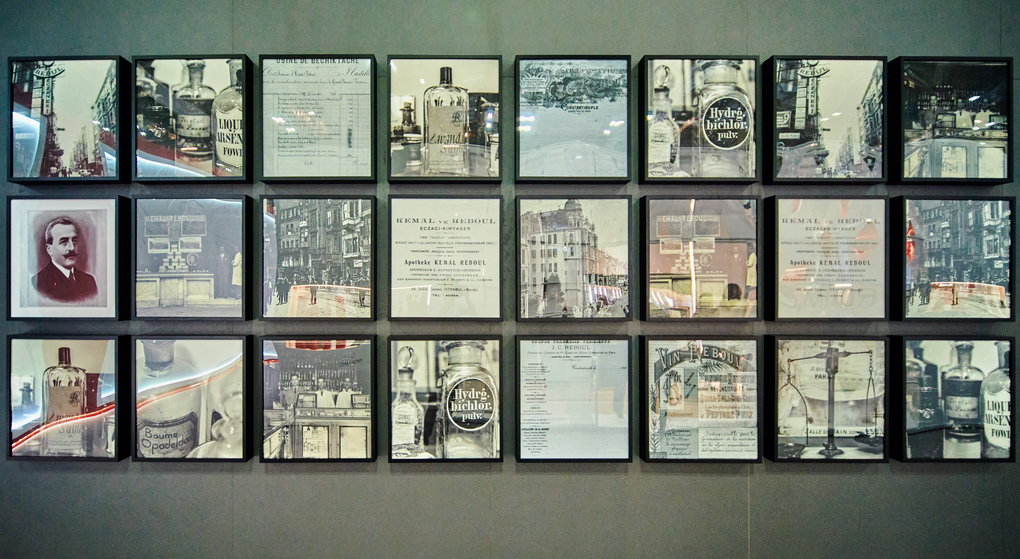
My grandfather, being young and ambitious, learned French and decided to attend pharmacy school. By 1923, when the Ottoman Empire transitioned to the Republic of Turkey, my grandfather was one of the first pharmacists in the nation.
He continued working with Jean Cesar Reboul for many years, and they eventually became partners since Reboul had no offspring to lead his business. They worked together happily until Reboul retired and returned to France.
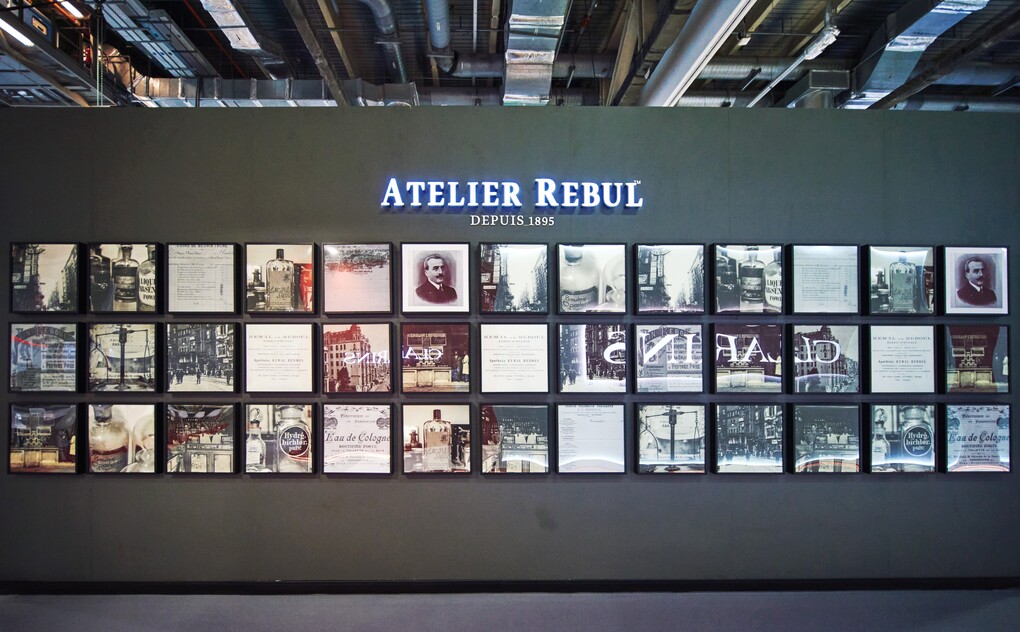
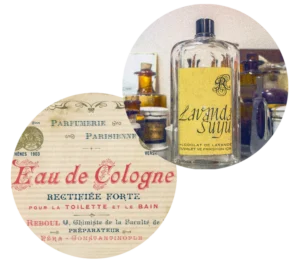
In the early 1940s, Reboul began planting lavender plants at his summer house. He would bring the flowers to the pharmacy, where they had a small warehouse, and put them into alcohol, shaking the mixture every 15 days before filtering and bottling it.
This was how we made our first step into lavender cologne, which became extremely popular on Rue de Pera. Back then, Rue de Pera was a very chic place where people dressed up and went out, and it was here that Turkish men first experienced our lavender cologne. It was their first cologne. This is how the journey started in this area.
Then, seeing the demand for the beautiful lavender cologne, they decided to make it more industrial. They flew to France to find the best fields for harvesting lavender and produce the cologne on a larger scale.
That was in Grasse?
KM: Yes. This is how our journey began. My grandfather had three sons, all of whom became pharmacists. I’m the son of the youngest son, and I am also a pharmacist. I took over the business in 1999 and became partners with Nüket and [company President] Korel Bingöl, in 2004. Our ambition was to make Atelier Rebul a global cosmetics brand.
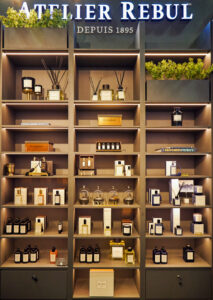
You must have been a very young man in 1999…
KM: … Yes, I was 20. I went to school and worked at the same time. I was in my second year of college and extended my schooling by up to nine years through juggling both. But I’m glad – it was worth it.
When you created the first Rebul scent, was that the brand name?
KM: Yes, the brand Rebul was already in the market from the 1940s. Rebul colognes are still the market leader in the Turkish market. However, since our perception of cologne does not align with the world’s demand, we decided to change our approach.
We have a deep know-how with special formulations coming from a pharmaceutical background. We decided to create higher-value products and needed to combine everything under one roof. Thus, we launched Atelier Rebul, an affordable luxury brand, and opened our first store in 2013.
I’ve been working with Nüket for 21 years. We have decided on every single product together.
I have to mention that Rebul is not only a cosmetics brand. Rebul Holding owns one of Europe’s most sophisticated production centres with a government-certified R&D centre and an integrated production facility based in Europe, located in Türkiye.
Rebul’s factory is based over 22,500 indoor square metres and has a 6,000sq m external capacity. We are running 19 production lines and produce alcohol-based, water-based and candle products. Our average monthly production capacity hits up to 6 million pieces. Additionally, we handle a 22,000sq m logistics warehouse.
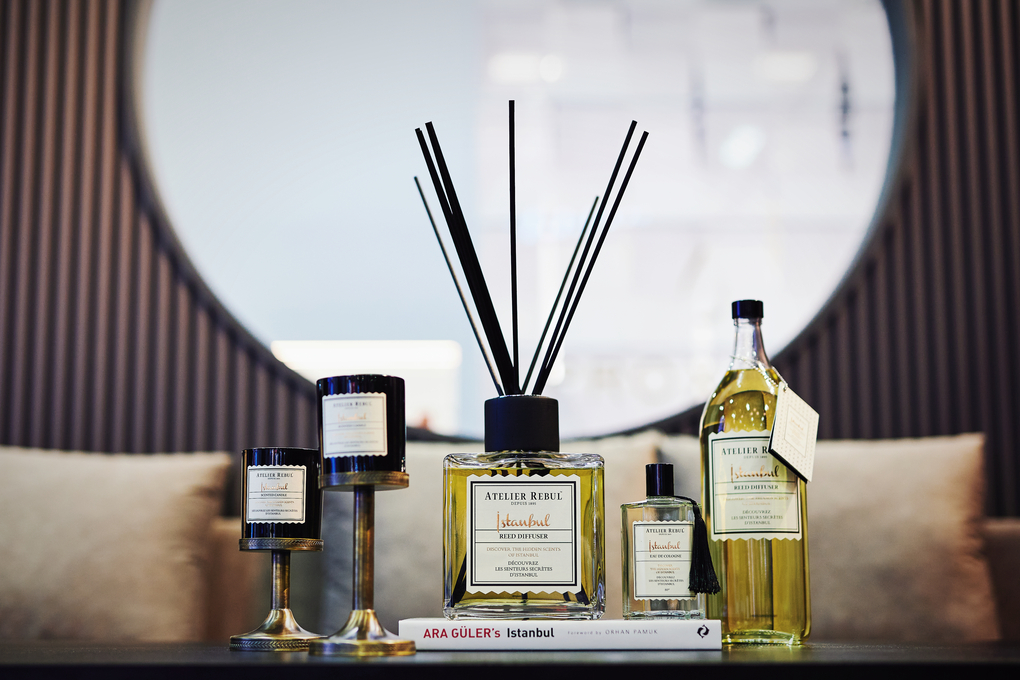
I am proud to say we are one of the big players in our field. It’s a sustainable factory with zero waste and renewable energy, and 72% of our employees are women, reflecting our commitment to gender equality.
Under the Rebul Holding umbrella, we have 710 employees, and specifically in the factory, we have 360 employees today. There’s an R&D centre in the factory, which Nüket leads, with 28 chemists actively working on government-incentivised research projects.
Our R&D centre publishes original inventions, some of which have been patented. We are an integrated cosmetics company aiming to have a global brand in our portfolio. One of our expertise areas is producing candles, a complementary item in home cosmetics.

In terms of market presence, obviously Atelier Rebul is very strong in Türkiye. What about internationally?
Nuket Filiba (NF): Atelier Rebul is a heritage brand, opening from Istanbul to the world, with a strong DNA rooted in pharmaceutical heritage and scent expertise. We draw a lot of inspiration from Istanbul and Anatolian ingredients.
When it comes to our global presence, we opened our first store in 2013 in Istanbul. Now, we have 27 mono-brand stores and distribute to luxury department stores in Türkiye, including being present in Sephora. We do personal cosmetics including perfumes, prestige cosmetics, bath and body products, and also home cosmetics. We have a strong product balance, with roughly 50% perfumes and 50% home cosmetics.

In 2017, we started to grow globally. First, we entered Benelux, where we are very strong – we have more than 800 shops-in-shops. Elsewhere in Europe, we are also very strong in Slovenia and Croatia, with four mono-brand stores and numerous points-of-sale such as shop-in-shops. Of course, we also focus on online sales, which are crucial for our presence in Europe.
Did you choose those markets because they had large Turkish emigrant communities?
NF: No, not at all. We chose them because our partners were passionate about our brand and our story. Türkiye and Istanbul are classic meeting points for East and West, Asia and Europe. Our bestselling collection, Istanbul, sells very well wherever we go.

After Europe, we opened our stores in the Middle East. We are very strong in Qatar, Kuwait, Bahrain and Oman. We have five stores in Kuwait, three in Qatar, and a flagship store in Place Vendôme, Doha, which is the most luxurious and biggest mall in the Middle East.
It’s going very well – we are lucky to have lots of tourists from the Middle East because Istanbul is a travel corridor for these consumers and so they know our brand. In the Middle East, as soon as we opened our mono-brand stores it worked very well. We are now online on Ounass [the Dubai-based ecommerce site] and are expanding into the UAE and Saudi Arabia.
We are also strong in Russia, where we are in Rive Gauche with 150 doors and 15 personalised shopping shops.

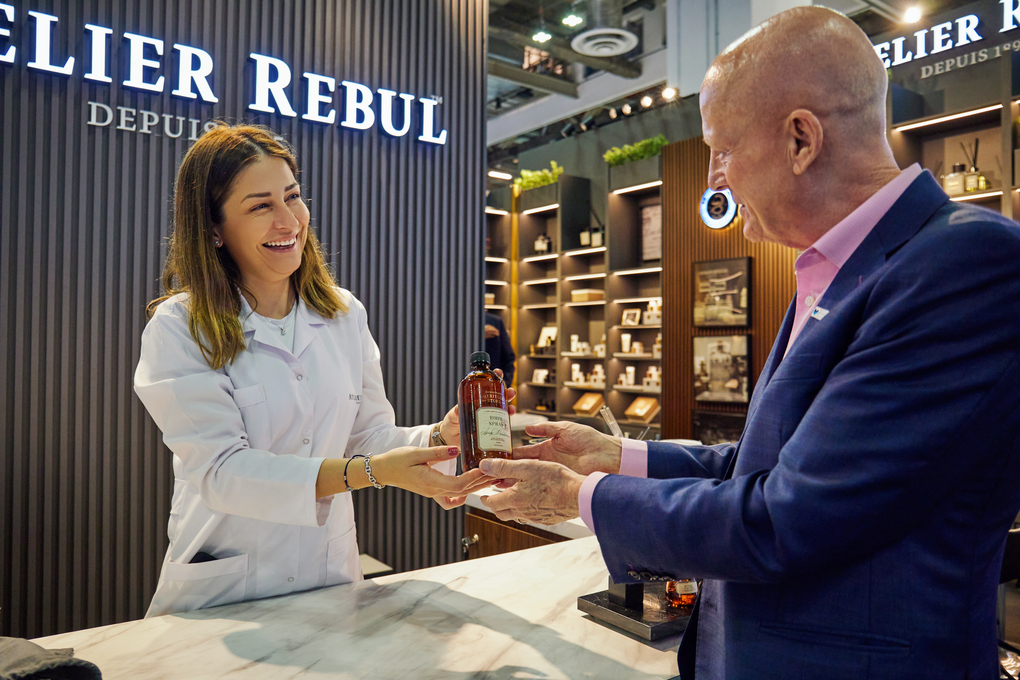
How about China?
Yes, we are in China, where 50% of our fragrance business is online. We have been in China for four years through a distributor.
We’ve also invested in China in terms of setting up our company and logistics and we also have a tech partnership with [digital commerce giant] Baozun, which is one of China’s biggest. So, it’s going well and we are building the brand.
Showing at the TFWA show in Singapore represents our first time apart from China in Asia Pacific and we have met so many good candidates for Asia Pacific partnerships.
We are introducing our brand domestically in Jakarta, Indonesia in November, through [lifestyle retailer] MAP. We’re going to have two mono stores. We’re also going to be there in the Sogo department store and Galeries Lafayette, and then we’ll distribute to Sephora. So, it’s step by step, a big and very exciting plan. Of course, we have also been meeting lots of [distribution] candidates from Thailand, Singapore, Malaysia and Korea.
This has been our first time in Singapore with travel retail. It’s very important to be available domestically and also in travel retail so that they will feed each other.
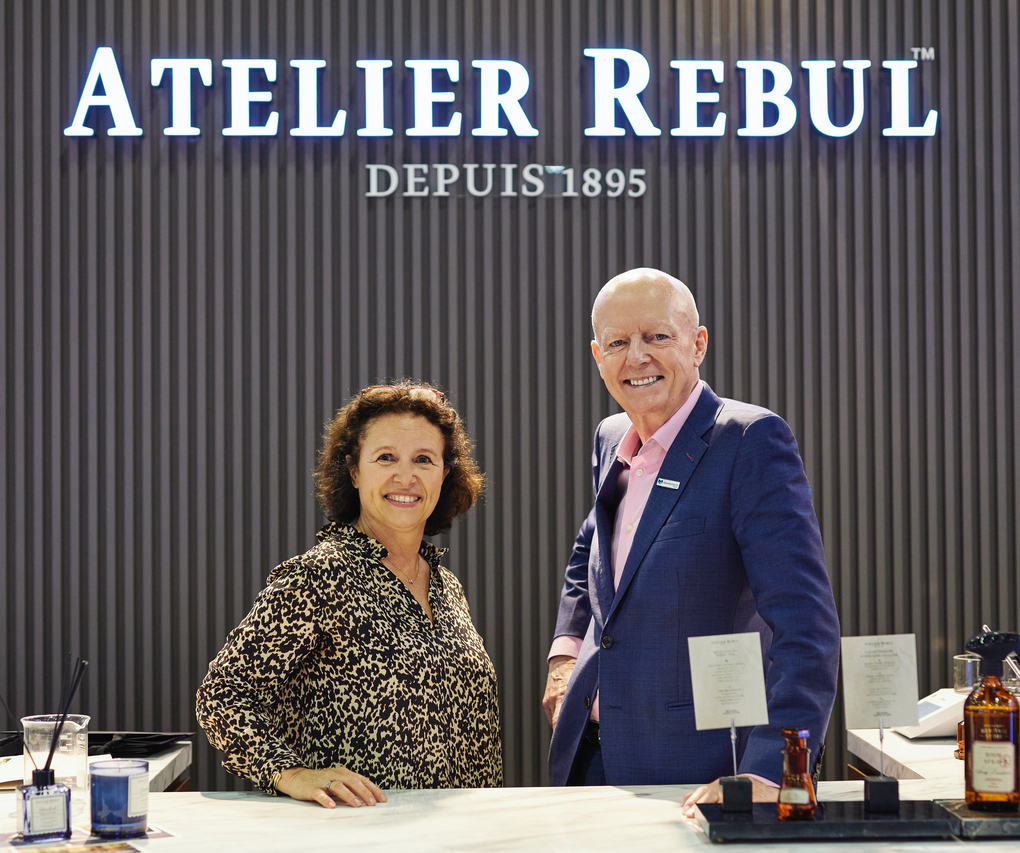
Yes, without that domestic platform, it’s very difficult in travel retail. I take it you are in travel retail in Istanbul?
NF: Yes, it’s a partnership with Heinemann [through the Unifree joint venture -Ed], which is going very well. We are with the global brands such as Creed, Penhaligon’s and Amouage so we are in the right place. We are doing quite well and now we are expanding worldwide in travel retail through our consultancy with Catherine Bonelli, who we joined forces with a few months ago.
We are super happy with the partnership and it is super fruitful. At the show there has been a huge demand for the brand.
KM: We have hosted guests from more than 20 different countries.
NF: We have hosted domestic and travel retailers, which has been really fruitful. There is a huge interest in the brand, the story behind it, the heritage. So, I’m really happy.
Do you have any particular geographic focus in terms of travel retail or are you looking to grow worldwide?
Catherine Bonelli: We are really close to finalising some projects and we want to expand now in the Middle East and Asia Pacific. The booth has been absolutely exceptional, and I think everybody who stopped by was taking photos and saying, “Finally, something new and exciting with a real story behind it.” So, there’s a lot of interest in the brand.
NF: What I feel [from the event] is that people are really looking for niche, quality, new and authentic brands. Why we are different is that the story belongs to us. The collections are authentic. When it’s real and authentic, it works. And when it’s something with good quality and a great story, it works.
This is what we have seen in the domestic markets of the Middle East, Russia and Europe. So I think it will be really good in Asia Pacific as well.
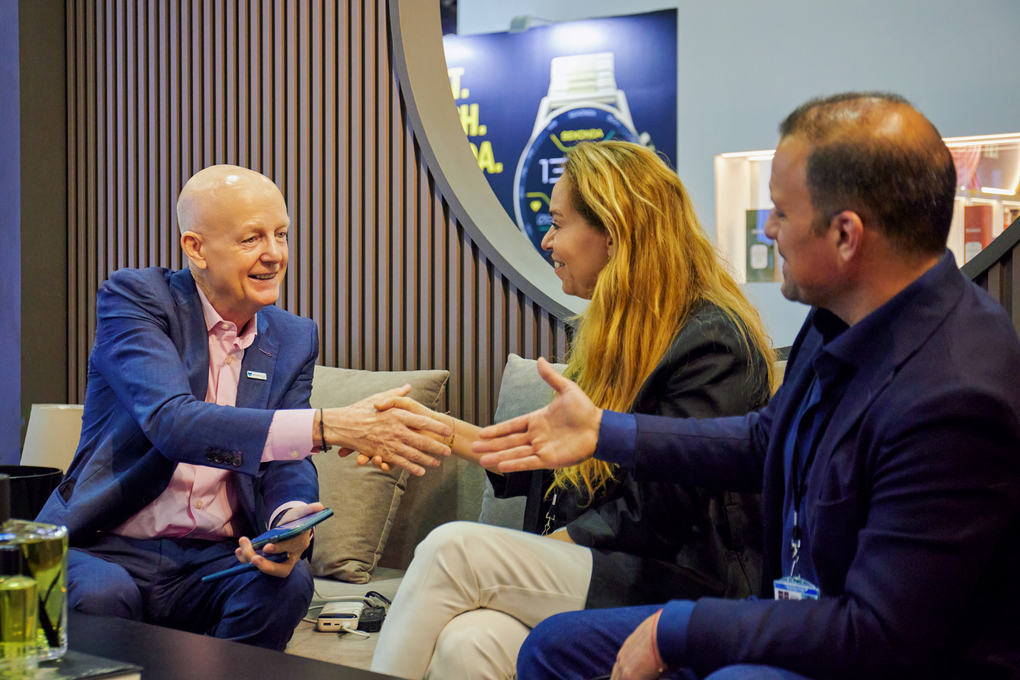
Our collections are authentic because we are inspired by the story of Istanbul. Istanbul has two sides. One side is a chaotic spice bazaar, very speedy and fast-paced, which inspired our Istanbul scent with its cardamom, cinnamon, saffron and other spices.

Then there is the Bosphorus, which unites east and west, Europe and Asia. Our new launch is called Bosphorus. It offers a different story and side of Istanbul – a relaxing and laid-back vibe, a fragrance of imagination where you feel the salty mineral water and air in the scent.

The Istanbul scent has been in the market for ten years: it’s the iconic collection, the bestseller globally. Bosphorus has attracted a lot of attention because people are trying to find an escape to a city where they can relax. Today, doing nothing and relaxing is a new luxury because everybody is so busy.
Are you launching the whole collection into travel retail or just the fragrances?
NF: The fragrances and, if we find a place, the home collection as well. The fragrances, the shower gels, exfoliants, hair mists – it’s a lifestyle brand with home use and personal use. I think the Bosphorus collection will see big success in Asia because we worked on it with a marketing insight team from China. We conducted blind test focus groups and got great results.
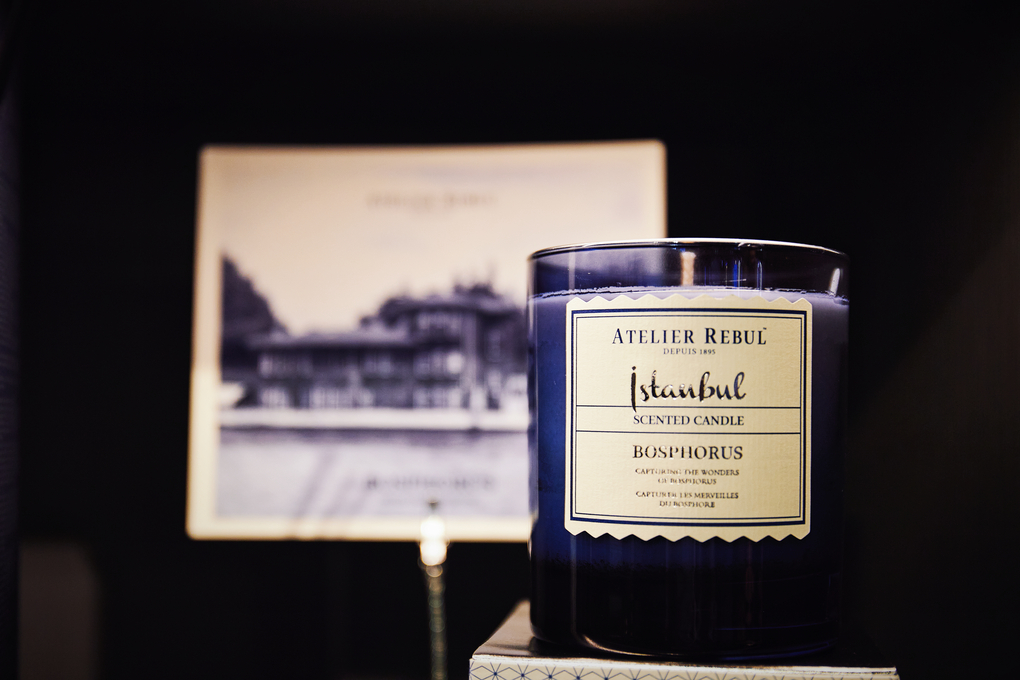
Nüket, Kerim mentioned you joining forces with him 21 years ago. How did that come about?
NF: Yes, 21 years ago. Actually, I started my career with L’Oréal. I was living in Paris and worked for L’Oréal for four years as a young lady.
My family were entrepreneurs doing leather business. But I didn’t want to go into the leather business. After learning so much at L’Oréal, I wanted to start my own business. I then met Kerim, who was my brother’s friend.
KM: Our paths crossed in a social environment, and the minute I saw Nüket, I immediately started asking her questions, mostly regarding marketing and sales. Then I got a phone call from her saying she was resigning from L’Oréal. The next day, we met and from that moment, we never separated.
The stars were aligned.
NF: Yeah, it’s a passion for us. It’s not a business; it’s the passion of our lives.
Absolutely and the stars seem aligned for you now – both in travel retail with the appointment of Catherine and what we’re seeing in niche fragrances, which are booming worldwide. Even in China, and who would have thought that a few years back?
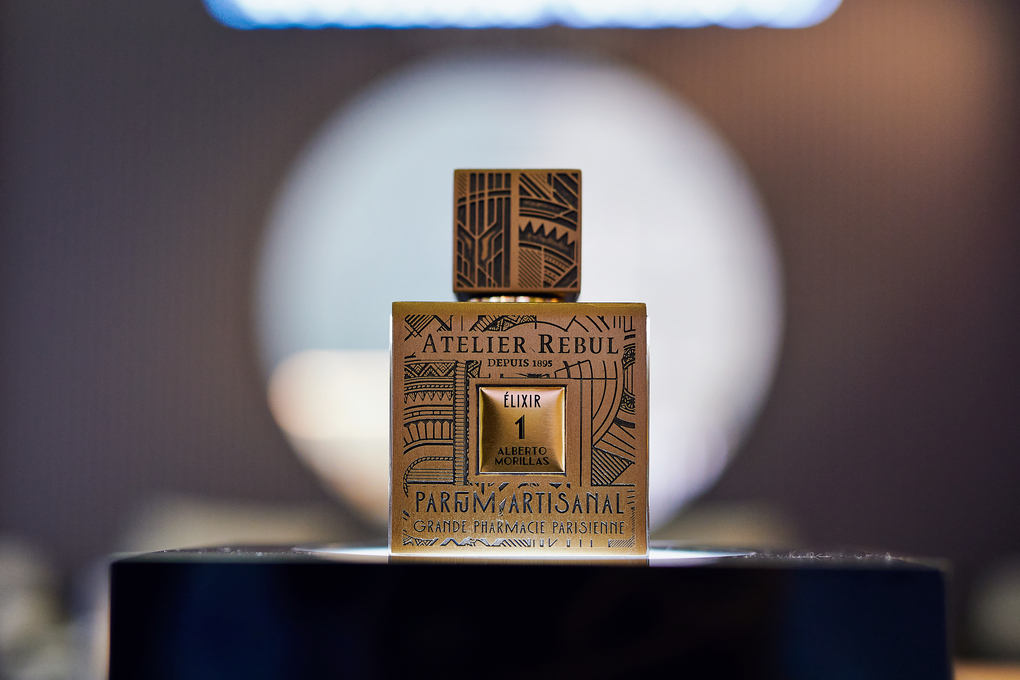
NF: We’re working with one of the biggest companies and their numbers show that the China fine fragrance market is almost as big as France. So, it’s an incredible, booming fragrance market. Happily, we entered five years ago and now is the time to really invest.
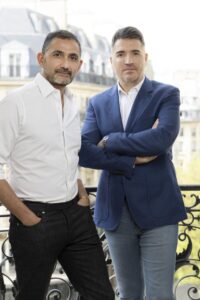
I want to come back to your company’s provenance. Authenticity was Merriam-Webster dictionary’s 2023 word of the year. That’s what people are looking for. You’re not a newcomer, Rebul goes back to 1895. You make products with passion, and there’s a real story behind the brand not a marketing story. You can hear it, almost feel it, as the two of you talk.
I did an interview with Mark Chaya a few weeks ago, Co-Founder and CEO of perfume house Maison Francis Kurkdjian. He was a businessman at Ernst & Young. But one night at a dinner party he met perfumer Francis Kurkdjian, who made many fragrances for Jean Paul Gaultier and others. They got talking and Chaya asked, “So, how come your name is never on these fragrances you create?” Kurkdjian said that was simply the way things were done, that the creator’s identity was hidden from the public.
Chaya said something like, “Well, you’re the artist. You are the creator. You don’t not have the artist’s name on a painting.” And that’s how Maison Francis Kurkdjian was born. The reason I tell that story is that he talks about China a lot, and he emphasises that the whole authenticity factor is critical. Maison Francis Kurkdjian doesn’t rush; they don’t launch a new line every two or three months.
They craft like you craft. I get the deep sense from you that staying true to your provenance and doing things right is critically important.
NF: Yes, doing it step by step and doing it right is so important, with the knowledge and the expertise. We are just launching our Parfum Artisanal, which we have worked on for two years. It’s hand-crafted outside and inside and really come from our heritage.
We have seen craftsmanship in bags and clothes, but in perfumery, it’s something different. So we know how to do it and I think it will have lots of success. ✈




